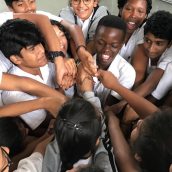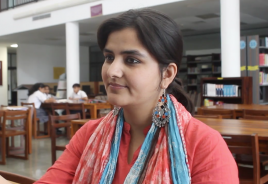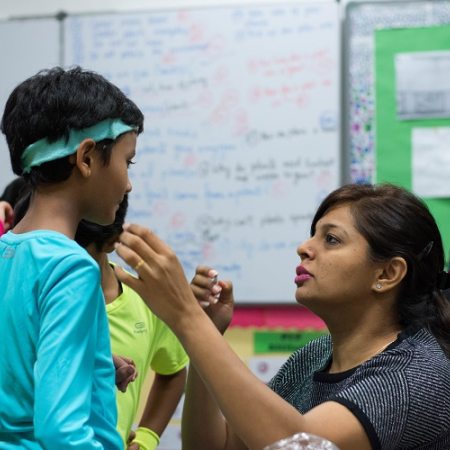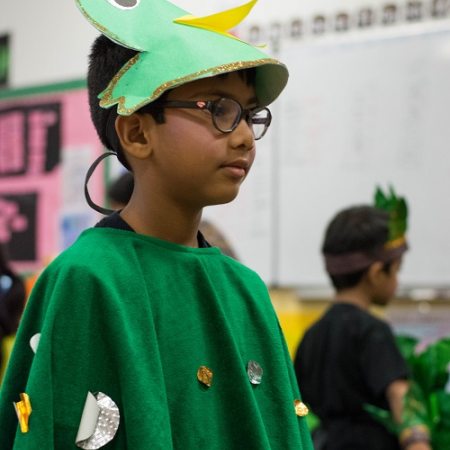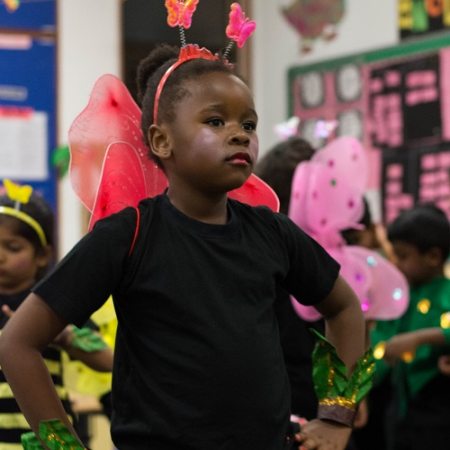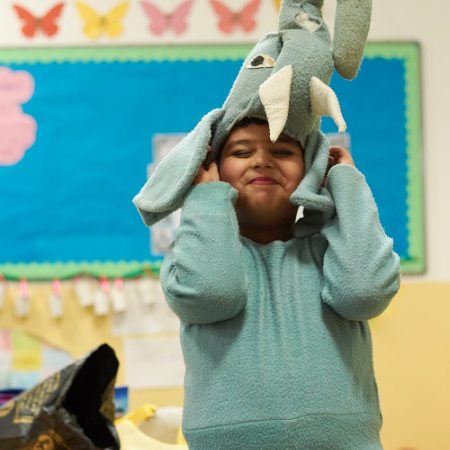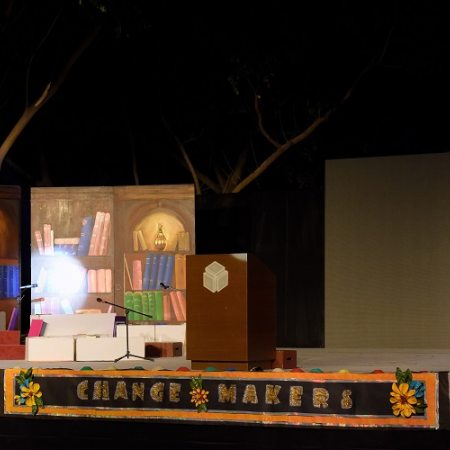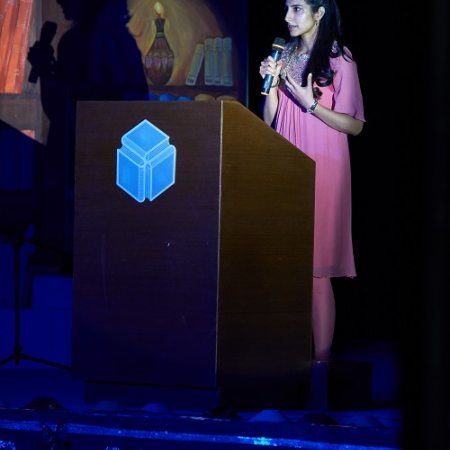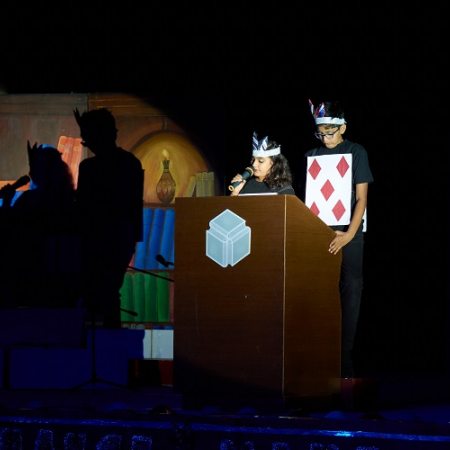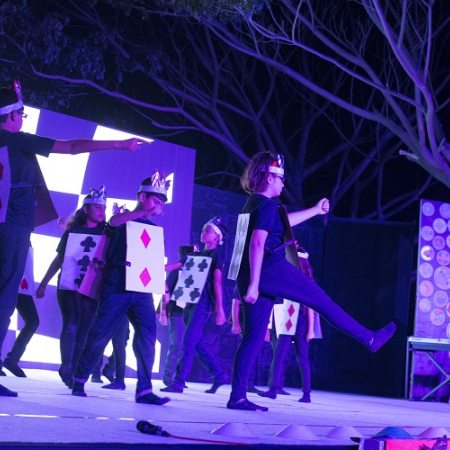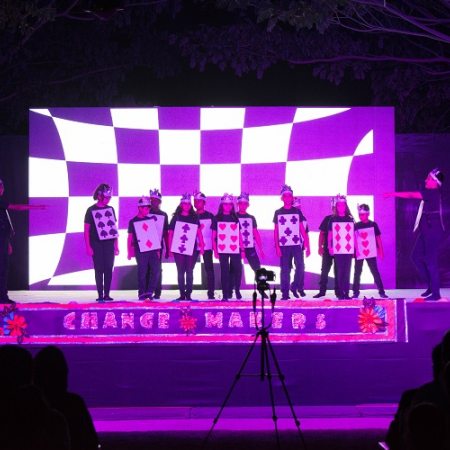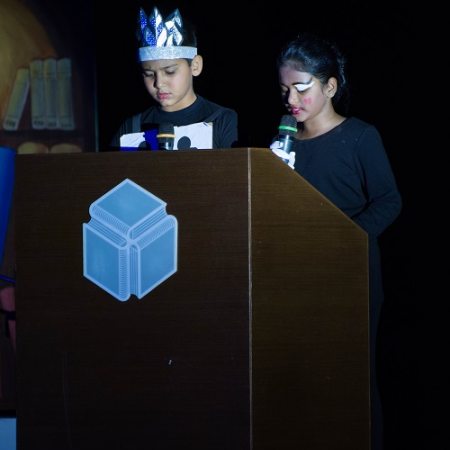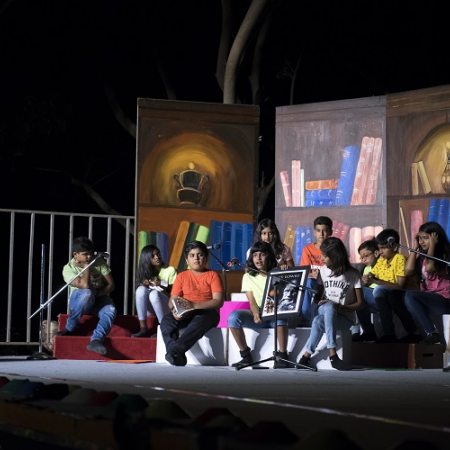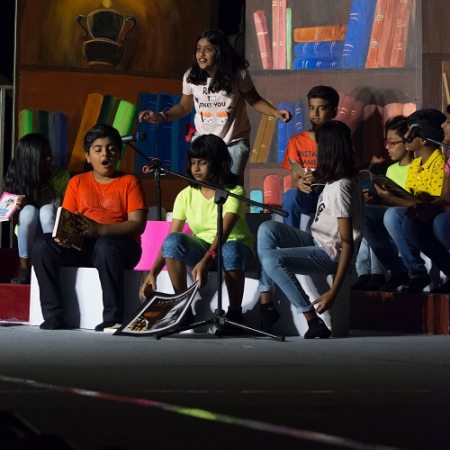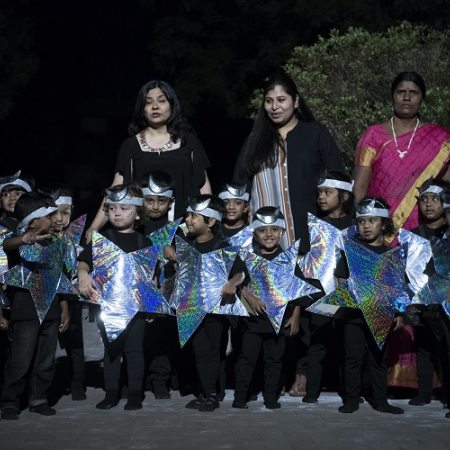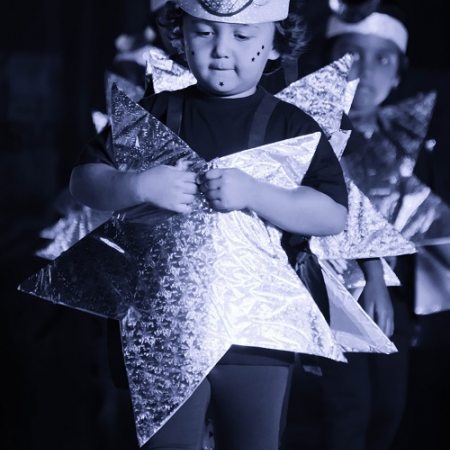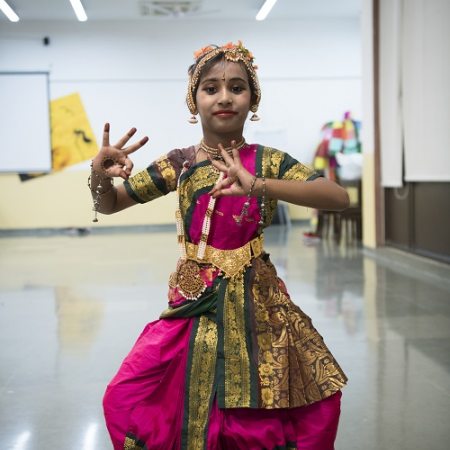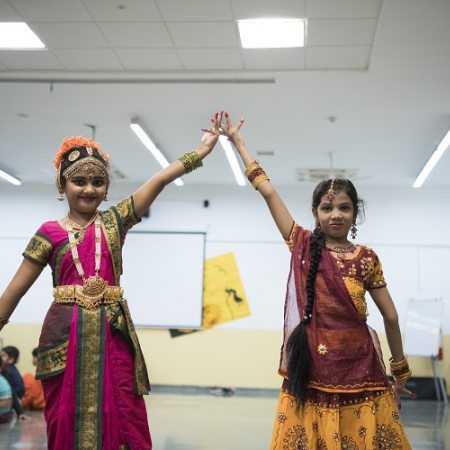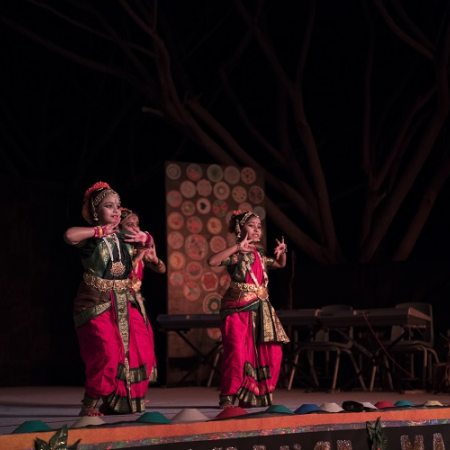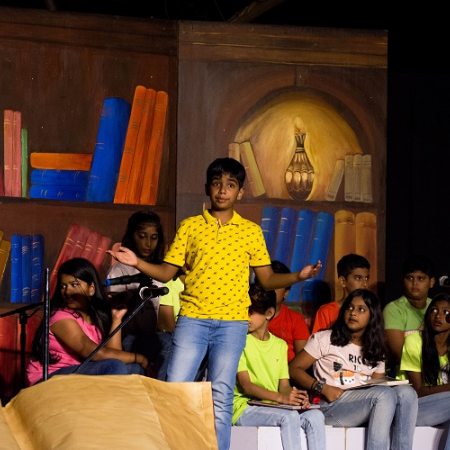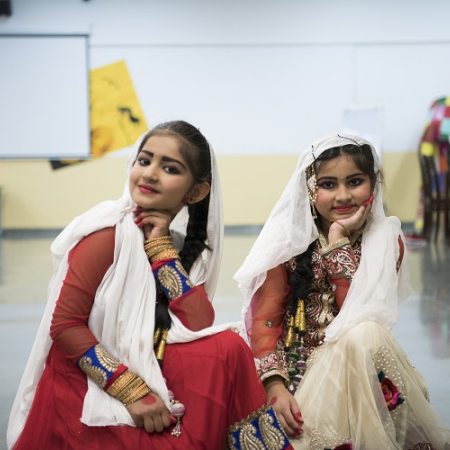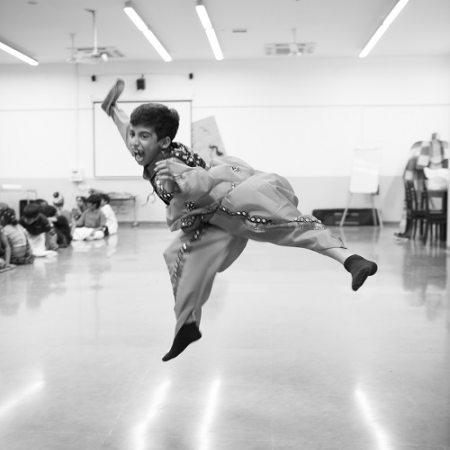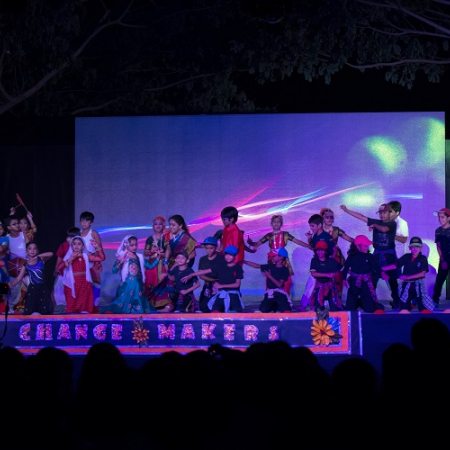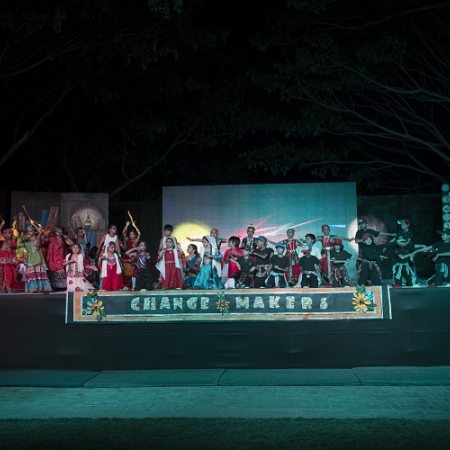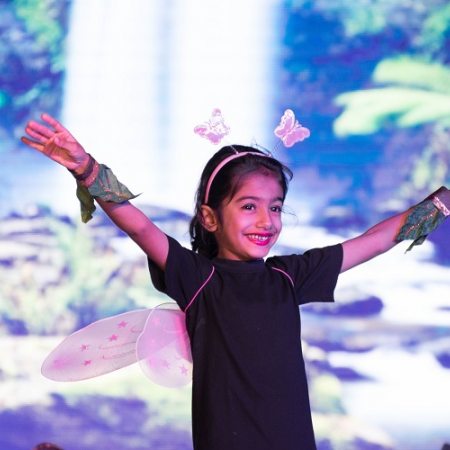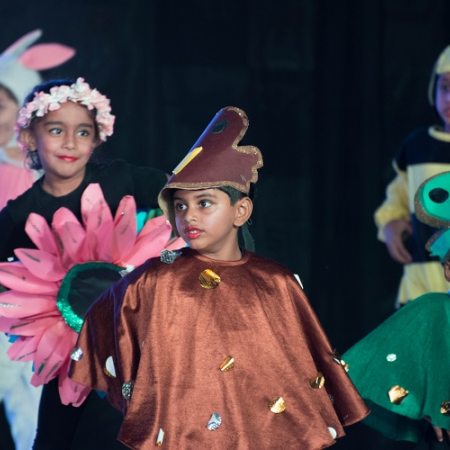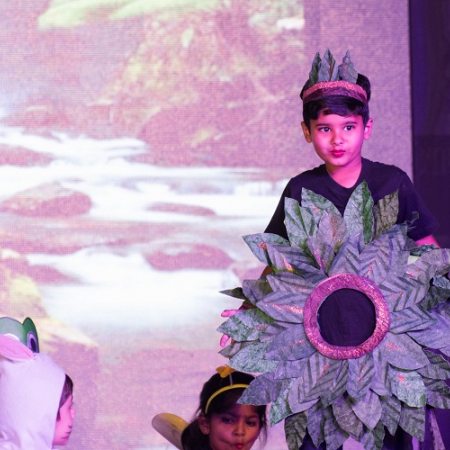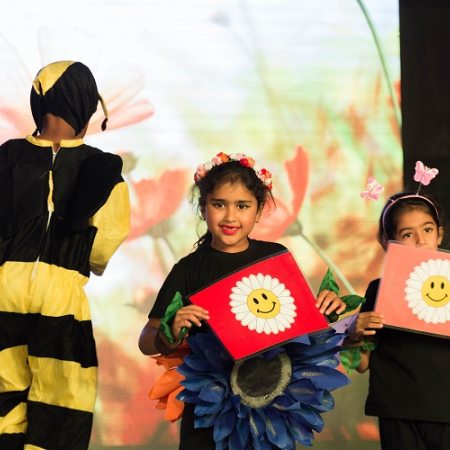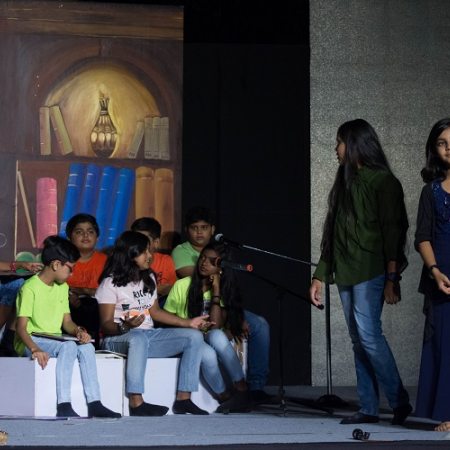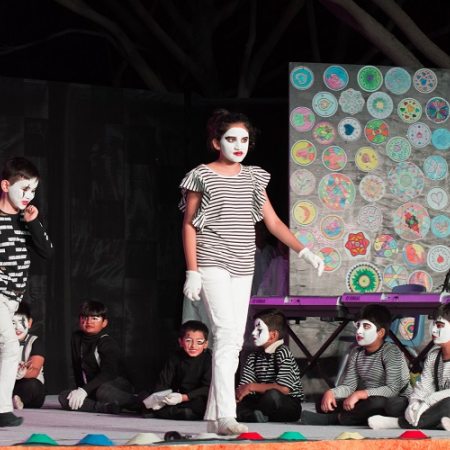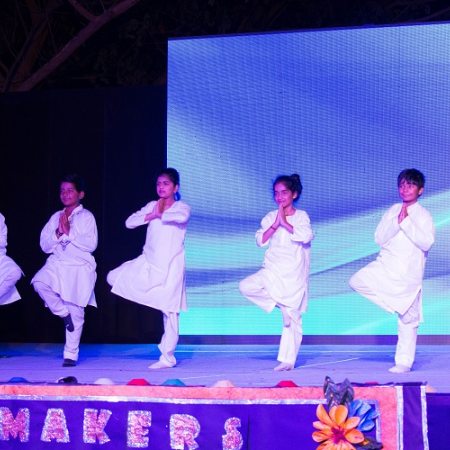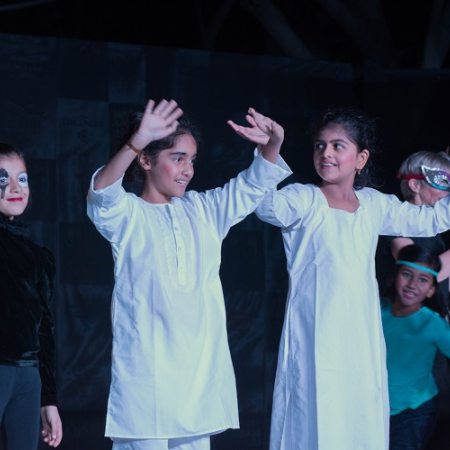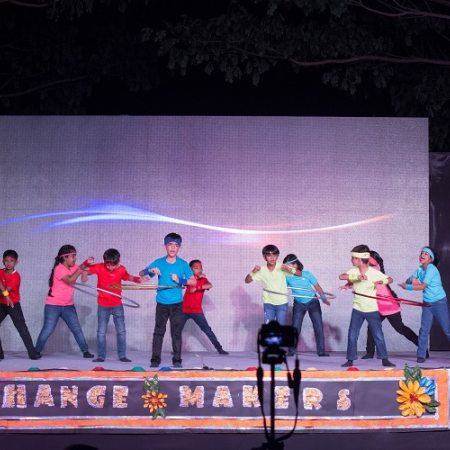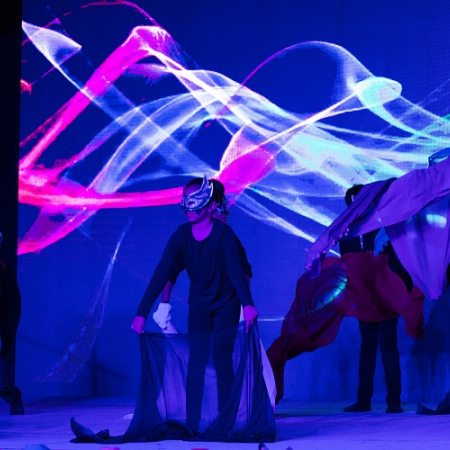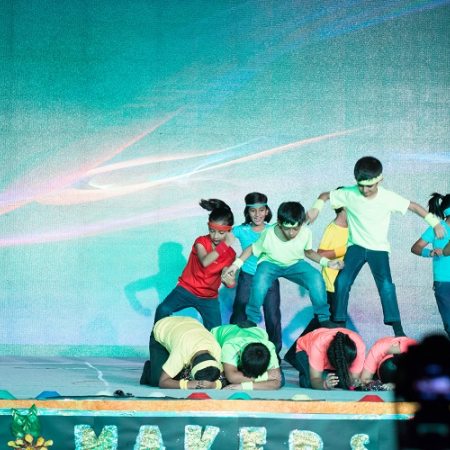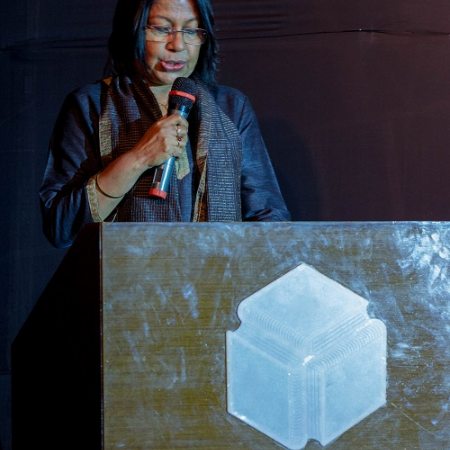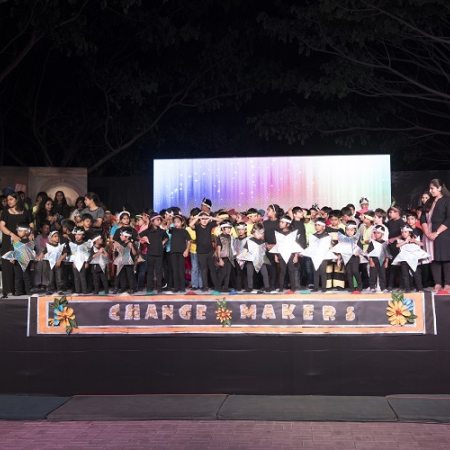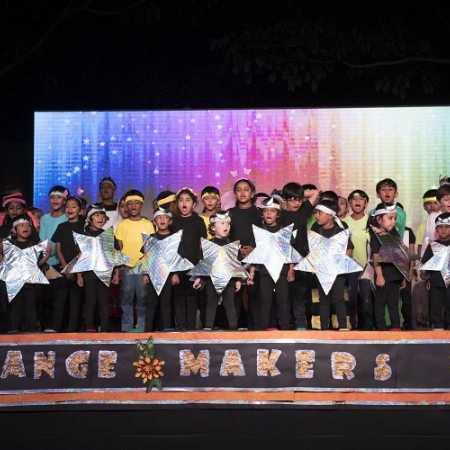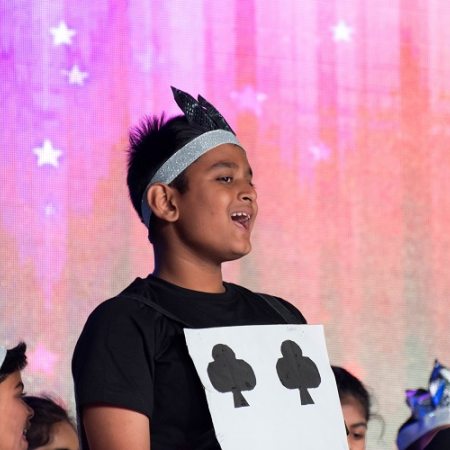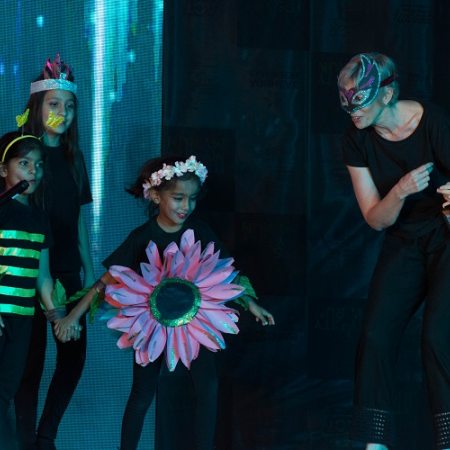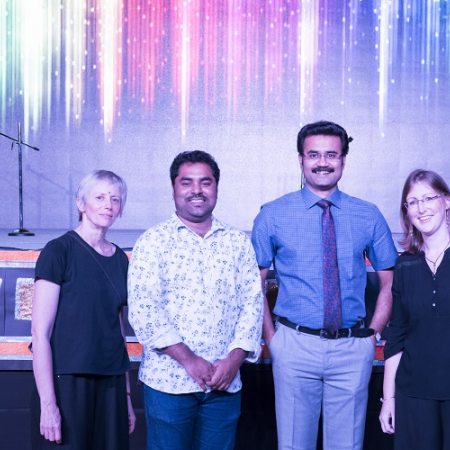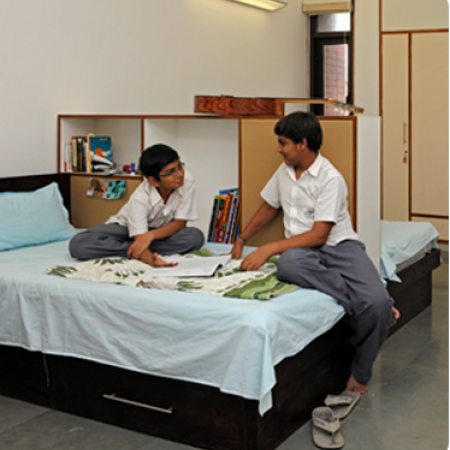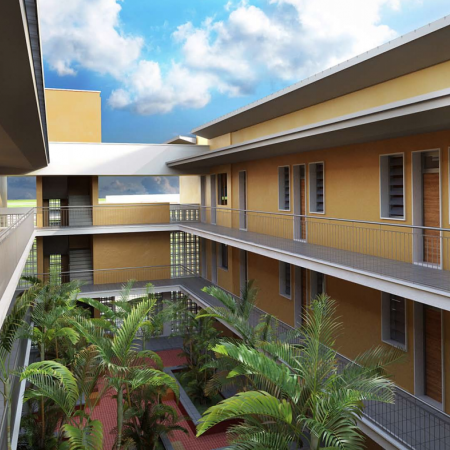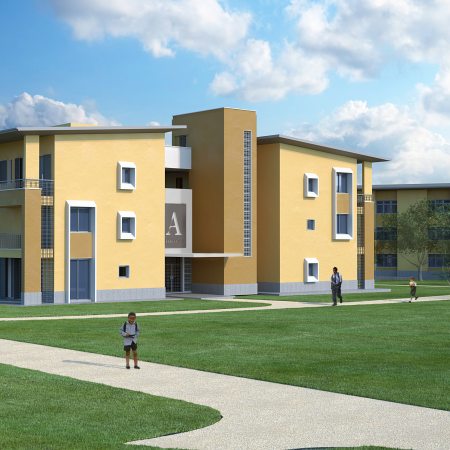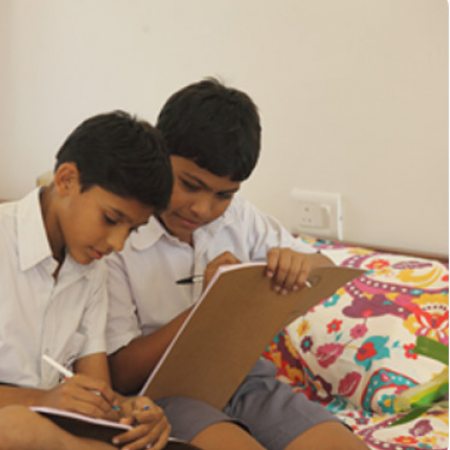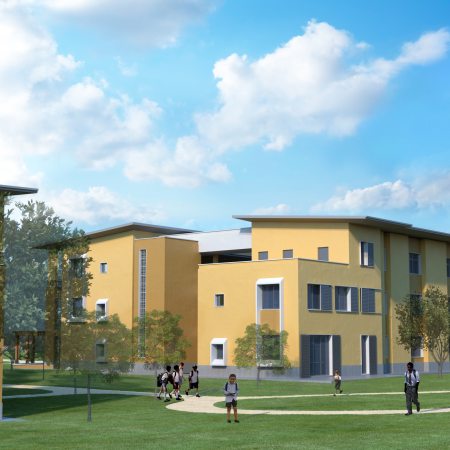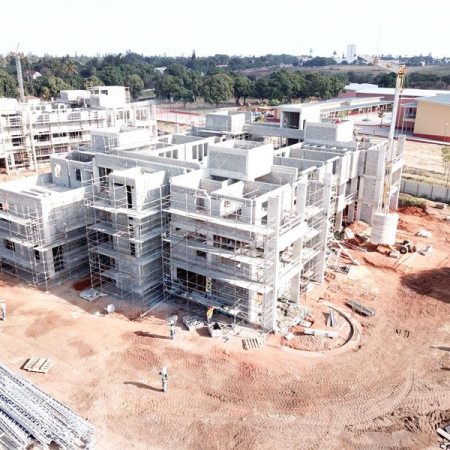Grand Cultural Fest 2019 Highlights
Photo gallery of the Grand Cultural Fest held on Saturday, 9th November at the Academy's amphitheatre.
Academies student exchange launched
Year 8 students and parents are encouraged to apply for the inaugural student exchange to Aga Khan Academy Hyderabad! Applications are due by May 6 at 6 pm. For questions, email student.exchange@agakhanacademies.org
Jemin Patel (Class of 2018): A journey of hard work, passion and striving for excellence
Jemin Patel’s journey to where he is now is the result of hard work and passion, values he picked up during his time at the Aga Khan Academy Hyderabad. Yet his story started sometime before this, when he was selected to attend the large, 100-acre Academy through a full scholarship.
Starting in the Academy as a Grade 8 student, Jemin felt all the nervousness of moving to a new place and starting at a new school. He felt out of place, not knowing whether he would succeed. Although he knew this would be difficult, he embraced the notion of working hard, instead of working smarter.
“I’ve learnt that hard work always wins,” he said. “People say, ‘work smart, not hard’. I could not disagree more. Working smart makes you efficient, whereas working hard with a focused mindset makes you a high performer.”
Although it has been five years since he graduated, Jemin continues to visit the Academy to coach and interact with students. He expressed how he felt like a big brother passing on the torch and imparting wisdom he would have loved to have during his time at the Academy. During his most recent visit, Jemin met the founder of the newly formed SAGE (Sexuality and Gender Expression) club at the Academy and felt so proud of the students.
Now, working at one of Canada’s top accounting and consulting firms, Ernst & Young, specialising in audit and assurance services, Jemin still stands by the notion, “hard work always wins.”
“It’s not about perfection, it’s about striving for excellence,” he said. “Putting in a focused and genuine effort into everything you do is all that matters.”
Interview conducted by DP2 student Samhitha Paruchuri from the Aga Khan Academy Hyderabad.
Maryam: Becoming a better teacher
The Teacher Preparation Programme (TPP) is one of the Aga Khan Academies’ landmark teacher development initiatives. In this interview with Kamini Menon at the Aga Khan Academy Hyderabad, TPP participant Maryam talks about the TPP’s unique aspects and her experience with the programme.
Please tell us a little bit about your background.
I’m a part of the Teacher Preparation Programme in Hyderabad. This is my fifth year in teaching, and previously I worked for a Teach for India school in Delhi teaching 48 amazing girls. When my fellowship with Teach for India was over, I applied to the Academy, and here I am.
What made you join the Academy and inspired you to come here?
My previous experience as a Teach for India Fellow made me feel like I wanted to something more than just being a teacher. So I was looking for an option post-fellowship that shared a similar mindset or similar values. When I read about the Academies, the vision really interested me as well as the whole inclusive policy: giving a chance to anyone coming from any background and making sure that we provide them this idea of excellence in education. That was something that really inspired me, and so I joined the Academy.
Talk about the Teacher Preparation Programme (TPP) and where you are in that journey.
The Teacher Preparation Programme is the initiative of the Academies to make sure that we have home-grown teachers who become IB educators. This is a great initiative. This is my ninth month into the programme, and I teach in a classroom, I research, and do a lot of things at the same time. I am getting mentored by experts and improving my pedagogy every day.
Can you explain the structure of TPP? How it is organised and what does it involve?
The programme is an intense 18-month long process, and you do things in phases. In Phase One, we were in a classroom, paired with a mentor, teaching 20% of the time. Now, we are in Phase Two, and I have to teach 50% of my time in a classroom. But it’s not just the teaching. We also have to write an action research paper, which is crucial to the whole programme. Another thing which is important is the Problem-Based Learning Sessions, which are a great way to reflect on who you are as a person, not just as a teacher. In these sessions, we meet three times in a week, and we bring together all our research findings and what we have collected, and we progress to the next learning target. We work on this in groups, and then we get to reflect and apply that in a classroom at the same time.
Can you share two aspects of the programme that you find particularly unique or helpful?
For me, the most interesting part was problem-based learning. It takes a lot of patience to think in a broader way about a problem. The problem sets are given to us – then you create your learning targets, and the whole group researches with different objectives. That makes you really responsible, that improves your research skills. At the same time, it teaches you how to collaborate with members of the group. Another part that I find really interesting and at the same time challenging is my action research piece. It’s not just research; the action part is the most challenging part because you have to reflect on your own practice. For example, I am doing something on inquiry right now, but it’s not just inquiry – it’s “why inquiry in an IB classroom?” or “why even think of those big theories?” So, this has made me more reflective, it has made me more thorough with my work. At the same time, if and when I fail, it’s alright to seek advice and it’s alright to go back to my mentor to ask why this did not work in a classroom. Both problem-based research and the action research, I find that these are pushing me to become a better teacher.
How would you evaluate the model of mentorship that’s in place within the TPP?
Sandra is our mentor, and she is a really experienced Ontario teacher. She has streamlined the programme, she gave it more structure and depth. When you work with Sandra, you are not intimidated by her. You are working with an expert who knows so much, but at the same time she gives you a chance to really apply yourself. She is a mentor for me when I am doing anything in the classroom – she is always providing me with constant feedback on my pedagogy and on my action research paper. Even in the intense Problem-Based Learning Sessions, where it gets a little crazy at times, Sandra is always there to nudge you in the right direction so you come to a conclusion.
How do you and your colleagues in the TPP work together and collaborate?
We are a very diverse group. Sitting with all of them has made me a better teacher in so many ways. It is not easy to admit sometimes that you don’t know things, but I get to learn from these people because their experience, our discussions, and the help we give each other is really great. We also collaborate outside the classroom – for example, if I have a doubt or find something challenging, I go to one of these colleagues and ask for their help. They are always there for me. We really push each other to reflect, to ask the right questions, which makes you think.
Can you talk more about the process of reflection that you have in your TPP group?
For us, reflection is about making yourself vulnerable in front of the whole group. It is not easy – it is not at all easy. We don’t reflect on a superficial level; we have to really apply ourselves in the entire process. When create our reflections, we have to share them with the whole group – and the group knows and understands who you are and gives you feedback. They push you to think along certain lines, and our mentors force us to think about the way we think – it becomes more about metacognition. The whole idea of learning from someone is that you have to be vulnerable and sometimes even fail, and then admit that you failed. When you draft that experience into a reflection, it makes you a better teacher. And definitely a better person.
How do you think the TPP has made you a better person in actual fact?
The way the TPP is designed, you become a reflective practitioner – that’s the goal! You teach in a classroom and you know that it’s not just a physical space, it’s much more than that. You cannot teach in isolation – you have to collaborate with other people, you have to go and ask for help. At the culmination, you really will become a better teacher. It’s a rigorous process, it’s an intense process, it’s a very reflective process. But the goal is that, ultimately, you will be the kind of teacher you want to be as well as an effective teacher.
Can you give us an example of how you’ve applied something you’ve learnt through the TPP in a classroom setting?
Right now, I am doing an action research, and a huge chunk of this is based on inquiry-based learning in a classroom. I’m teaching grade 6, and the unit I was dealing with was “did they live like us?” It is a lot about civilisations and the way people lived and interacted with their environment. All the research that I did during the Problem-Based Learning Sessions and my action research, I applied it in this classroom setting. I created the lesson plan and then got the feedback from my mentors. Then it gave me a chance to reflect on my practice: sometimes I tend to go a little overboard, and I got to see if my plan would work out. This is how you become a better teacher.
Is there anything else that you’d like to add about the TPP?
I’ll say, for the whole process, you have to be very open. You have to be open-minded to get into this process. It’s not easy just to acknowledge that you’re going though 18 months of training – you might feel intimated, or that your prior experience doesn’t matter. But that’s not the point. The point is to become a better teacher. If that is your goal, then this programme will work for you. The way this programme is designed is rigorous and beautiful. The most important point depends on you: what do you want to take away from this. And there is a lot, if you are really open to exploring.
2016 Yearbook Arrives This Week!
It is with great pleasure that The Academy announces the unveiling of its much awaited 2016 Yearbook. The 2016 Yearbook Team has spent 4 months working hard to capture the essence and significance of life at The Aga Khan Academy Hyderabad this year, working with designers and writers, both internal and external. The 2016 Yearbooks will be presented to students, staff and Academy families on Tuesday 31st May at the last Senior School Assembly of this 2015-16 academic year.
Change Makers musical reflects student agency in Junior School
The Aga Khan Academy Hyderabad Junior School put up its annual musical on the evening of Friday 30th November 2018, at its 100-acre campus near Rajiv Gandhi International Airport. Close to 150 students from grades 1-5 participated in the production, Change Makers, which was conceptualised, scripted and directed collaboratively by a team of faculty in the IB Primary Years Programme (PYP) at the Academy. The show title was invented by a grade 5 student, Yashita Chereddi.
Students build organic farm
A group of Ismaili students from Afghanistan and Tajikistan made the most of a difficult situation when they were unable to return home from the Aga Khan Academy in Hyderabad during the Covid-19 pandemic. With the abundance of spare time they were suddenly given, the students planned and implemented an organic farm on the school grounds.

Applications for entry for the academic year 2025-2026 are opening soon!
The Aga Khan Academy Hyderabad will accept applications for admission to the upcoming academic year from 4 October 2024.
At the Academy, meritorious students from diverse backgrounds and ethnicities come together as a close-knit community, nurturing values of pluralism and ethical leadership. We are dedicated to empowering future leaders with a holistic education and a global perspective.
Excited? Please apply!
AKA Maputo Residential Programme
See some architectural drawings of the new residential campus along with some photos from our other Academies' residential programmes
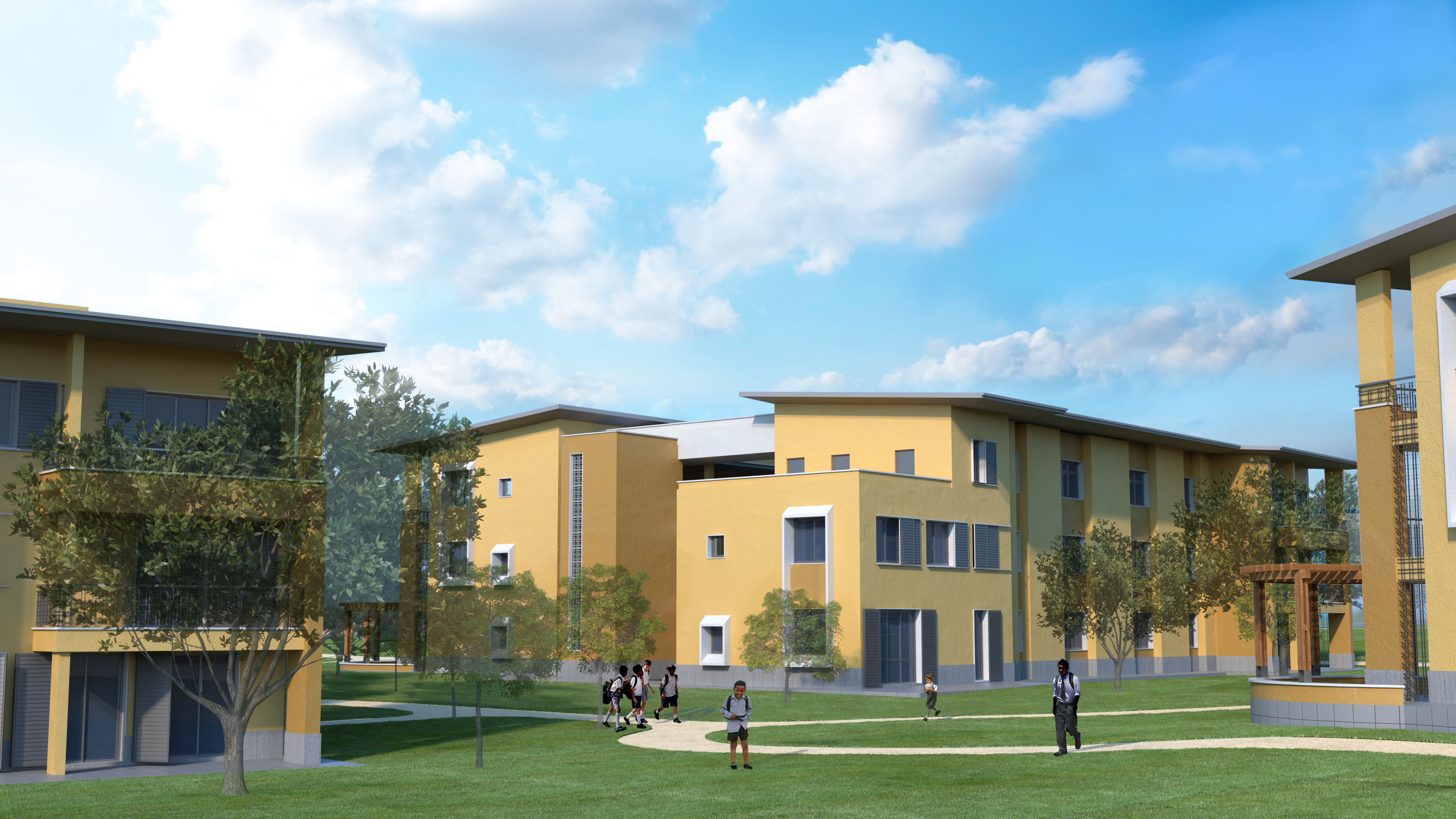
Student Exchange 2019

Student Exchange 2019: Photo Galleries
Photo Gallery: AKA Mombasa students visiting AKA Hyderabad
Photo Gallery: AKA Hyderabad students visiting AKA Mombasa
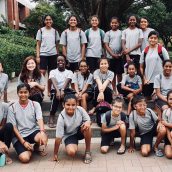
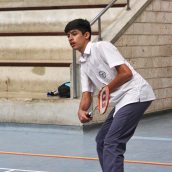

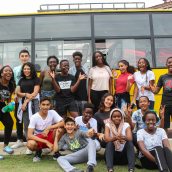
Join our students on their exhange journey by taking a look at our first photo gallery.
